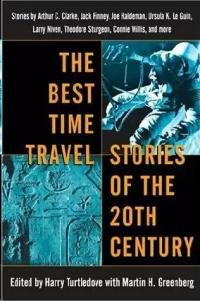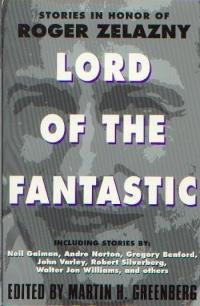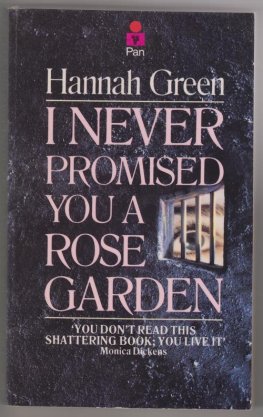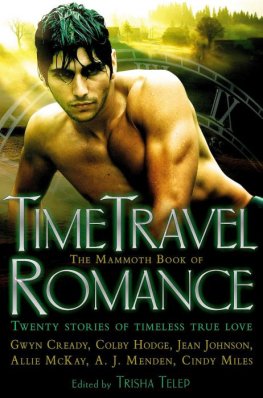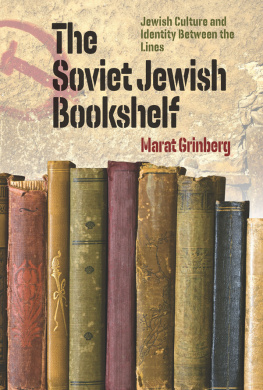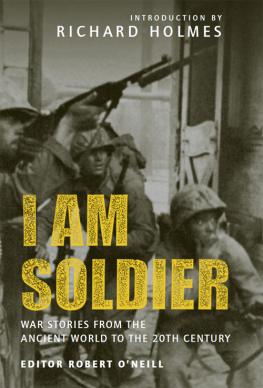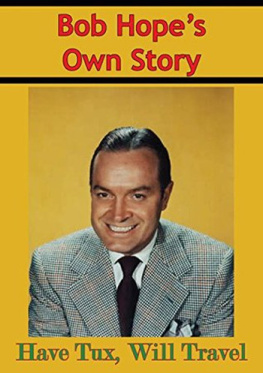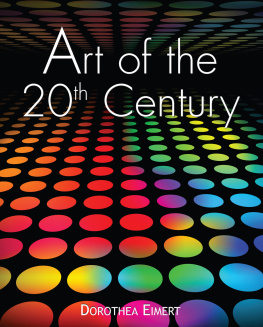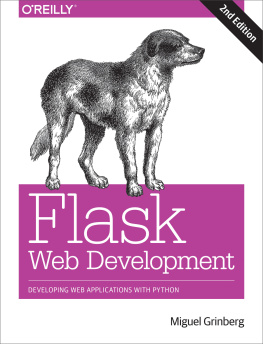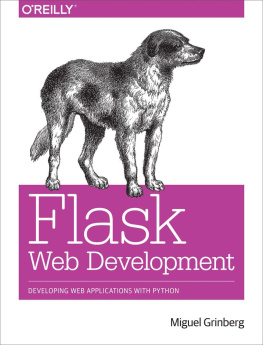Martin Grinberg - The Best Time Travel Stories of the 20th Century
Here you can read online Martin Grinberg - The Best Time Travel Stories of the 20th Century full text of the book (entire story) in english for free. Download pdf and epub, get meaning, cover and reviews about this ebook. year: 2005, publisher: Del Rey / Ballantine, genre: Science fiction. Description of the work, (preface) as well as reviews are available. Best literature library LitArk.com created for fans of good reading and offers a wide selection of genres:
Romance novel
Science fiction
Adventure
Detective
Science
History
Home and family
Prose
Art
Politics
Computer
Non-fiction
Religion
Business
Children
Humor
Choose a favorite category and find really read worthwhile books. Enjoy immersion in the world of imagination, feel the emotions of the characters or learn something new for yourself, make an fascinating discovery.
- Book:The Best Time Travel Stories of the 20th Century
- Author:
- Publisher:Del Rey / Ballantine
- Genre:
- Year:2005
- ISBN:0-345-46094-4
- Rating:5 / 5
- Favourites:Add to favourites
- Your mark:
- 100
- 1
- 2
- 3
- 4
- 5
The Best Time Travel Stories of the 20th Century: summary, description and annotation
We offer to read an annotation, description, summary or preface (depends on what the author of the book "The Best Time Travel Stories of the 20th Century" wrote himself). If you haven't found the necessary information about the book — write in the comments, we will try to find it.
The Best Time Travel Stories of the 20th Century — read online for free the complete book (whole text) full work
Below is the text of the book, divided by pages. System saving the place of the last page read, allows you to conveniently read the book "The Best Time Travel Stories of the 20th Century" online for free, without having to search again every time where you left off. Put a bookmark, and you can go to the page where you finished reading at any time.
Font size:
Interval:
Bookmark:
THE BEST TIME TRAVEL STORIES OF THE TWENTIETH CENTURY
edited by Harry Turtledove and Martin H. Greenberg
INTRODUCTION
by Harry Turtledove
Were all time travellers, whether we know it or not. We go into the future at a steady rate of one second per second, and we leave the past behind. New things come along. Old things are forgotten. My own lifetimeneither especially long nor especially short these dayshas seen the rise of antibiotics, AIDS, space travel, television, CDs, videotape, DVDs, Richard Nixon (twice), civil rights, womens rights, gay rights, cell phones, the computer, and the Internet. Its seen the fall of Communism, segregation, records, smallpox (we hope!), polio, Richard Nixon (twice), the Twin Towers, and the idea that smoking is cool. Its seen hula hoops, stuffing phone booths and Volkswagen Bugs, and streaking. Some things, of course, remain constant. The Chicago Cubs havent been in a World Series since before I was born. They havent won one since Teddy Roosevelt was president.
Toward the end of his long life, L. Sprague de Camp would give a presentation at science-fiction conventions called Memoirs of a Time Traveler. Sprague, who was born in 1907, had seen much more come and go than I have (he was even around the last time the Cubs won a Series). Making other people see how much that he took for granted as a child and a young man had changed since was thought-provoking, to say the least.
But what if we werent limited to that steady one second per second progression? What if we could go against the normal flow of time from past to future instead of being trapped in it? H. G. Wells, who wasamong many other thingsthe first great science-fiction writer to use English, published The Time Machine in 1895. He gave us the name for the device and the bones of one kind of time-travel story: go to the future, take a look at whats there, and come back and tell the present about it. Other writers have been exploring and expanding the concept ever since.
Traveling into the future is relatively safe. Traveling into the past starts generating paradoxes. What if you killed your own grandfather? Or, less bloodily, what if your journey into the past changed things so that your mother married somebody else? Would you disappear? (Yes, thats the one the Back to the Future movies look at, but you can also do it without a DeLorean.) What if you changed some important past event? Would you change its futureyour own present? That particular line of time-travel stories forms one part of the spectrum of alternate history tales, some of which Del Rey recently collected in The Best Alternate History Stories of the 20th Century.
Dealing with the paradoxesor not dealing with themchallenged the ingenuity of writers throughout the last century. Writing as Anson MacDonald, Robert A. Heinlein wrapped up all the problems of one mans existence in By His Bootstraps. Close to twenty years later, Heinlein took another shot at it in All You Zombies, which tightens his protagonists gene pooland the inherent paradoxeseven more. His novel The Door into Summer also looks at time travel in a situation where the traveler has an exactly even chance of going into the past or the future.
Isaac Asimov is better known for his Foundation stories and his tales of the Three Laws of Robotics, but he also wrote a thought-provoking novel of time travel both into the past and across varying realities in The End of Eternitywhich, in a way, serves as the underpinning for all the other tales.
L. Sprague de Camps Lest Darkness Fall is a time-travel novel not in the school of The Time Machine, but rather of Mark Twains A Connecticut Yankee in King Arthurs Court: one that drops a modern man with all his modern knowledge into a medieval setting and challenges him to make the best of it. Unlike Twains protagonist, de Camps Martin Padway really is in sixth-century Rome, and establishes an alternate history by his success. De Camps A Gun for Dinosaur and the other tales of Reggie Rivers collected in Rivers of Time exploit one of the time-travel storys favorite themes: using a time machine to go back into the past to look at and even to hunt animals extinct by the time humanity evolved. In Genus Homo, de Camp and P. Schuyler Miller used suspended animation as a time-travel device by which modern men could visit the future.
Poul Andersons The Man Who Came Early is another variant on the theme of a modern man trying to make the best of things in the past. Unlike the Twain and de Camp stories to which it is related, though, it is marked by Andersons strong sense of the tragic. Anderson, always a writer with a strong sense of history, used time travel in his novels The Corridors of Time (a sort of science-fiction companion to the fantasy Three Hearts and Three Lions) and The Dancer from Atlantis.
Perhaps the bawdiest time-travel novel ever written is Robert Silverbergs Up the Line. Silverberg notes that, as time travel becomes feasible for a longer and longer period, more and more travelers from the future will crowd back in time to visit such events as the Crucifixion, the opening of Hagia Sophia, or the Black Plague. Why, then, dont these historical events grow ever more crowded with observers from their futures? His answer is that they do, though just what the locals do about this is not always quite so clear.
One time-travel theme that has perhaps never quite been successfully brought off is a reversal of the time stream, so that it begins to flow from future to past rather than the other way around. Fritz Leibers The Man Who Never Grew Young perhaps comes closest; several others have tried at novel length, also with results less than they might have hoped. The challenge there remains for writers yet to come.
Time travel as a vast, secret government project intended not just for exploration but also to change the past for the benefit of the government doing the sponsoring is a common theme of these stories, and has perhaps grown more common as governments have grown larger and less easily controlled by the people they rule. One of the best of these tales is Jack Finneys Time and Again, which seems only to have grown more relevant in the generation and a half since it appeared. It is beautifully written, beautifully researched, beautifully illustrated, and very well thought through. Its sequel, From Time to Time, unfortunately does not quite measure up to the high standard it set.
Another novel with a related theme, though much grittier and more cynical, is Joe Haldemans All My Sins Remembered. Because of his indoctrination and training, the protagonist has a great many sins indeed to remember. The book, which dates from near the time of the Watergate scandal, is a devastating indictment of those who do things allegedly for other peoples good.
Another theme often used in time-travel tales is that of the time traveler from the future who comes back to the present for his or her own nefarious purposes and has to be thwarted by moderns with technological resources small compared to those of the villain. A good recent example is S. M. Stirlings Drakon, which springs from his series of Draka alternate-history novels. His heroine finds herself in the late twentieth century of our timeline because of an experiment gone awry, and proceeds to do her best to remake it to hernastyhearts desire. If the poor hapless moderns didnt also have assistance from the future, things would turn out even worse. And, as there is room for a sequel to the novel, they may yet.
Clifford D. Simaks The Goblin Reservation takes time travel out of the sphere of big politics and puts it in a far less consequential arena: that of academia. He has a great deal of gentle fun with the theme. Simaks cast of characters includes a moonshining Neanderthal brought up to his future present and rechristened Alley Oop; a saber-toothed tiger; as well as elves, dwarves, a banshee, and the ghost of a prominent seventeenth-century English playwrightthe only problem being, the ghost isnt sure whose ghost he is at first, so when the authentic Will Shakespeare (who turns out, in this book,
Font size:
Interval:
Bookmark:
Similar books «The Best Time Travel Stories of the 20th Century»
Look at similar books to The Best Time Travel Stories of the 20th Century. We have selected literature similar in name and meaning in the hope of providing readers with more options to find new, interesting, not yet read works.
Discussion, reviews of the book The Best Time Travel Stories of the 20th Century and just readers' own opinions. Leave your comments, write what you think about the work, its meaning or the main characters. Specify what exactly you liked and what you didn't like, and why you think so.

